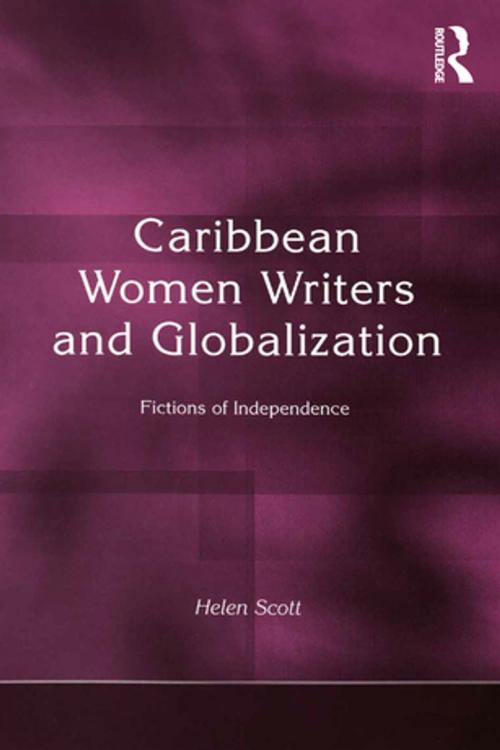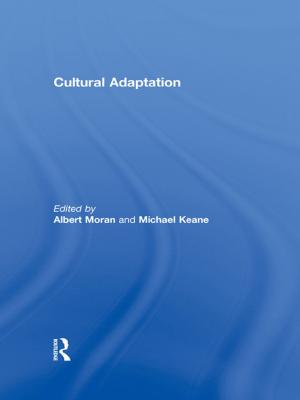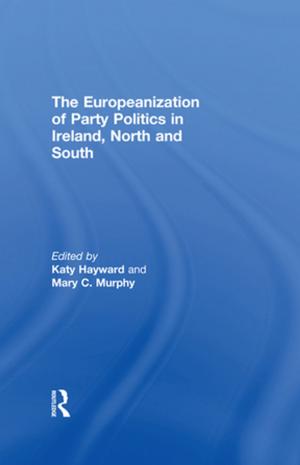Caribbean Women Writers and Globalization
Fictions of Independence
Fiction & Literature, Literary Theory & Criticism| Author: | Helen C. Scott | ISBN: | 9781317169680 |
| Publisher: | Taylor and Francis | Publication: | April 8, 2016 |
| Imprint: | Routledge | Language: | English |
| Author: | Helen C. Scott |
| ISBN: | 9781317169680 |
| Publisher: | Taylor and Francis |
| Publication: | April 8, 2016 |
| Imprint: | Routledge |
| Language: | English |
Caribbean Women Writers and Globalization offers a fresh reading of contemporary literature by Caribbean women in the context of global and local economic forces, providing a valuable corrective to much Caribbean feminist literary criticism. Departing from the trend towards thematic diasporic studies, Helen Scott considers each text in light of its national historical and cultural origins while also acknowledging regional and international patterns. Though the work of Caribbean women writers is apparently less political than the male-dominated literature of national liberation, Scott argues that these women nonetheless express the sociopolitical realities of the postindependent Caribbean, providing insight into the dynamics of imperialism that survive the demise of formal colonialism. In addition, she identifies the specific aesthetic qualities that reach beyond the confines of geography and history in the work of such writers as Oonya Kempadoo, Jamaica Kincaid, Edwidge Danticat, Pauline Melville, and Janice Shinebourne. Throughout, Scott's persuasive and accessible study sustains the dialectical principle that art is inseparable from social forces and yet always strains against the limits they impose. Her book will be an indispensable resource for literature and women's studies scholars, as well as for those interested in postcolonial, cultural, and globalization studies.
Caribbean Women Writers and Globalization offers a fresh reading of contemporary literature by Caribbean women in the context of global and local economic forces, providing a valuable corrective to much Caribbean feminist literary criticism. Departing from the trend towards thematic diasporic studies, Helen Scott considers each text in light of its national historical and cultural origins while also acknowledging regional and international patterns. Though the work of Caribbean women writers is apparently less political than the male-dominated literature of national liberation, Scott argues that these women nonetheless express the sociopolitical realities of the postindependent Caribbean, providing insight into the dynamics of imperialism that survive the demise of formal colonialism. In addition, she identifies the specific aesthetic qualities that reach beyond the confines of geography and history in the work of such writers as Oonya Kempadoo, Jamaica Kincaid, Edwidge Danticat, Pauline Melville, and Janice Shinebourne. Throughout, Scott's persuasive and accessible study sustains the dialectical principle that art is inseparable from social forces and yet always strains against the limits they impose. Her book will be an indispensable resource for literature and women's studies scholars, as well as for those interested in postcolonial, cultural, and globalization studies.















